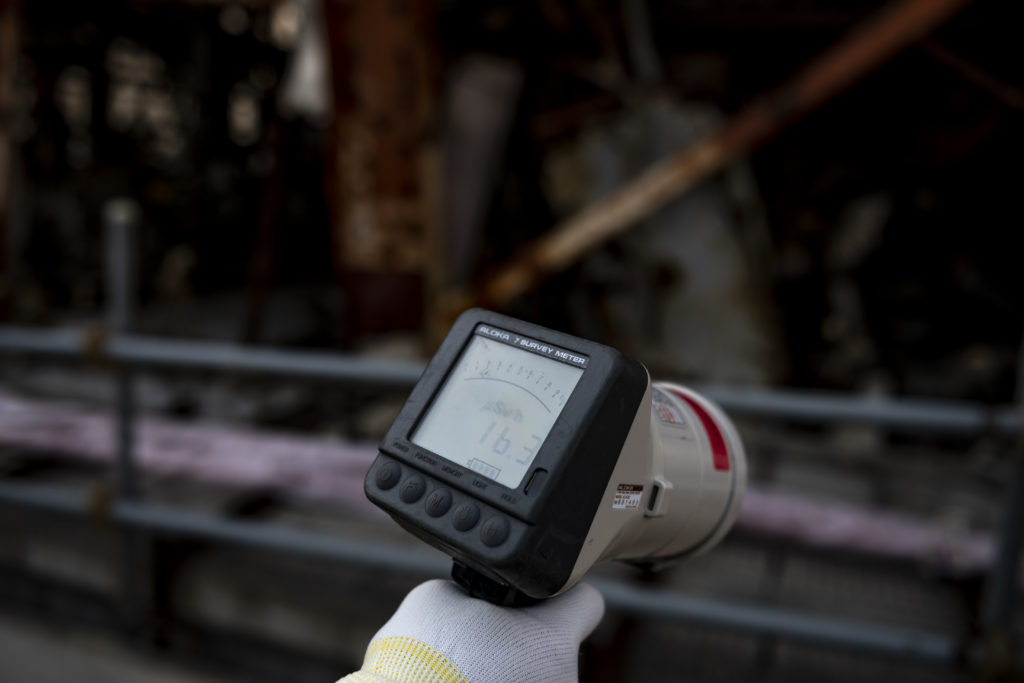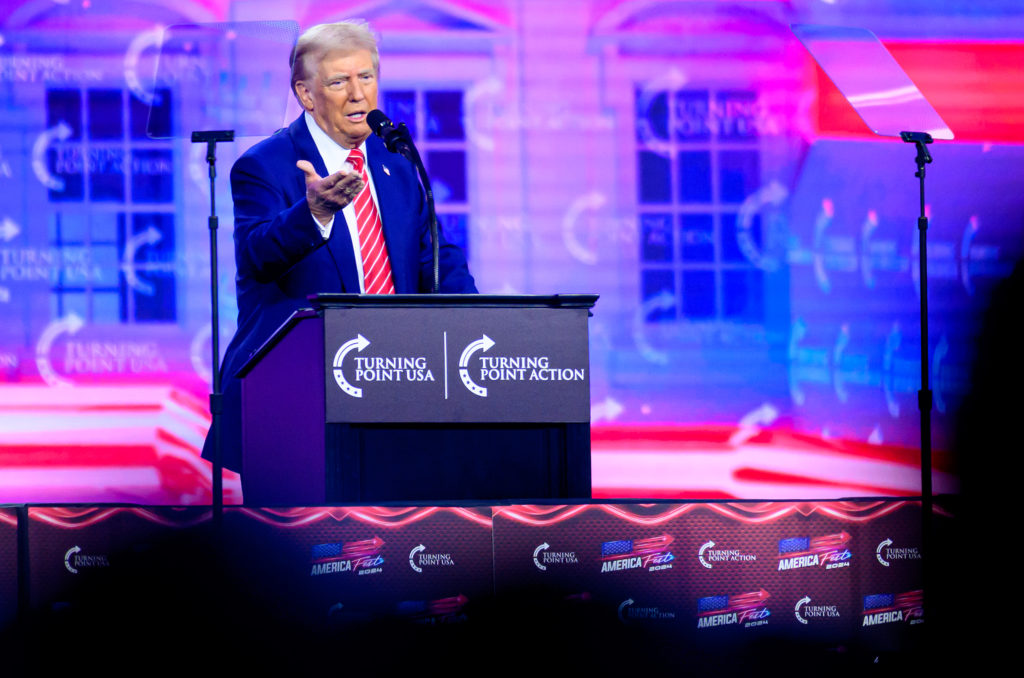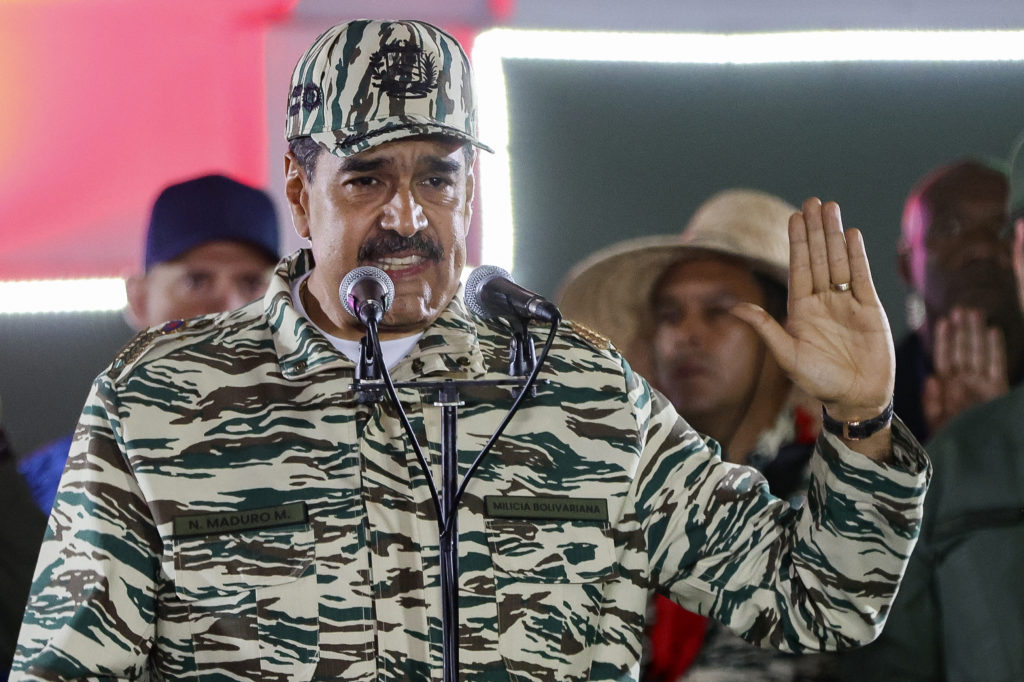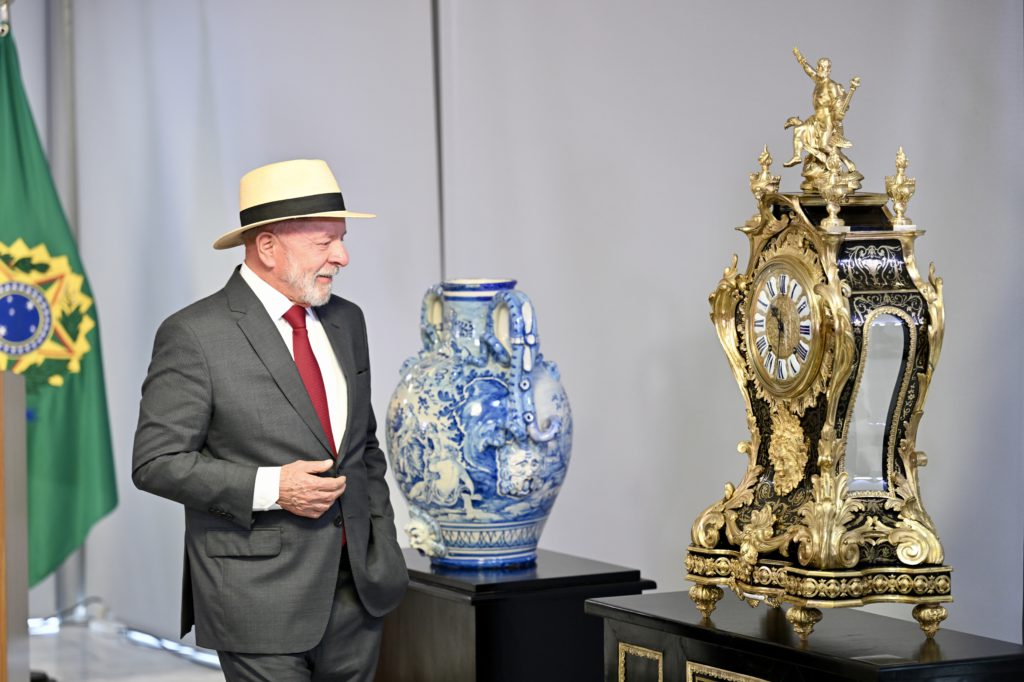Twitter shares rose Monday following reports the company is poised to accept Elon Musk’s takeover offer, a dramatic shift after the board organized a “poison pill” to ward off the billionaire entrepreneur’s hostile buyout bid.
The deal, which outlets including The Wall Street Journal and The New York Times reported could be announced later in the day, would put the Tesla boss in charge of the influential social media site that famously served as a megaphone for former US president Donald Trump.
There was no immediate comment from Twitter or its chief executive Parag Agrawal on what would likely be the largest leverage buyout in history.
Musk, who had taken a major stake in the firm earlier this month before making a formal purchase offer, tweeted, “I hope that even my worst critics remain on Twitter, because that is what free speech means,” without elaborating.
“At this point, a deal seems, based on the glide path, (likely) to get done,” Dane Ives, an analyst at Wedbush Securities, said in an interview on CNBC.
Musk last week lined up around $46.5 billion in financing to make the purchase happen, and Ives said, “The board couldn’t find a white knight, a second bidder. This basically put (their) back against the wall, they had to come to the negotiation table.”
Representatives of Twitter and Musk worked through Sunday night to hammer out the deal, which could still fall apart, according to the reports.
Around 1600 GMT, Twitter shares were trading 3.7 percent higher.
– Trump to return? –
Musk launched his $43 billion hostile takeover bid for the company, casting it as a promotion of freedom of speech.
While the firm’s board initially said it was reviewing the offer, it later rebuffed him and adopted a “poison pill” plan that would make it harder for Musk to acquire a controlling stake.
That defense kicks in if an investor buys more than 15 percent in shares without the directors’ agreement. Musk holds nine percent.
Last week, Musk — considered the world’s richest man due to the popularity of Tesla electric vehicles as well as other ventures — said he had lined up financing for the deal and was “exploring” a direct tender offer to shareholders, a maneuver that would circumvent the company’s board.
Despite Musk’s wealth, the question of financing had been seen as a potential stumbling block because much of his holdings are in Tesla shares rather than cash.
In a filing, Musk pointed to a $13 billion debt facility from a financing consortium led by Morgan Stanley, a separate $12.5 billion margin loan from the same bank, as well as $21 billion from his personal fortune as being behind the deal.
Musk’s efforts have raised hopes about the commercial potential of Twitter, which has struggled to achieve profitable growth despite its influential spot in culture and politics.
Under Agrawal, who took over as Twitter CEO late last year, the company has made progress on new monetization features, such as subscription products, said a note from Truist Securities, adding that “short-term, Musk’s involvement at this stage runs the risk of disrupting those efforts.”
But the polarizing Tesla chief’s campaign also has sparked concern among technology and free-speech experts who point to Musk’s unpredictable statements and history of bullying critics, which contradict his stated aims.
Progressive group Media Matters for America warned that Trump, who was banned from Twitter after last year’s assault on the US Capitol by his supporters seeking to overturn the 2020 presidential election result, could return if Musk’s purchase goes through.
“Any negotiations to sell Twitter to Musk must include clear enforceable mechanisms to uphold and maintain existing community standards, including the removal of those who violate those standards,” the group’s president Angelo Carusone said in a statement.










